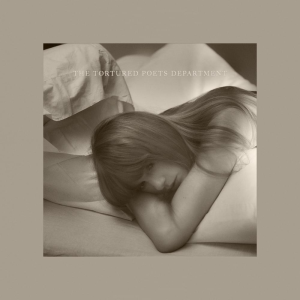Travel Tips
Travel increases your chances of getting and spreading COVID-19. Staying home is the best way to protect yourself and others. If you do plan to travel, know the risks.
- Staying at public lodgings such as hotels, motels and resorts can increase your risk. Limit contact with strangers, especially in locations where aerosols are more prevalent such as restrooms, bars, pools, fitness rooms, etc.
- Air travel increases close contact in security lines and frequently touched services in airport terminals. Most germs do not spread easily on flights because of how air circulates and is filtered. Go to cdc.gov and click on “Travelers Health” for current information and how to get cancellation insurance, in the event you have to make last-minute transportation changes
When You Shouldn’t Travel
Don’t travel if you or any of your travel companions…
- Are sick
- Have suspected or diagnosed COVID-19 (even if you don’t have symptoms)
- Have been around someone with suspected or diagnosed COVID-19 in the past 14 days (even if they did not have symptoms).
Holiday Risk Assessment Guide
Lowest risk: Virtual-only activities, events and gatherings.
More risk: Smaller outdoor and in-person gatherings in which individuals from different households remain spaced at least 6 feet apart, wear masks, do not share objects, and come from the same local area (e.g., community, town, city or county).
Higher risk: Medium-sized, in-person gatherings that are adapted to allow individuals to remain spaced at least 6 feet apart and with attendees coming from outside the local area.
Highest risk: Large, in-person gatherings where it is difficult for individuals to remain spaced at least 6 feet apart and attendees travel from outside the local area.
Activities to Avoid
Avoid these higher-risk activities:
- Going shopping in crowded cities and stores
- Participating or being a spectator in parades, athletic events or other events with crowds
- Using alcohol or drugs, which can cloud judgement and increase risky behaviors
- Attending large indoor gatherings with people outside of your household
Special Considerations
- If you test negative for COVID-19 but you are still sick, delay your travel until you’re well
- If you test positive for COVID-19, don’t travel while infectious with COVID-19 even if you don’t have symptoms.
- If you are in quarantine, delay your travel by separating yourself from others until 14 days after your last exposure.
- If you are waiting for test results, delay your travel until you get your test results.
When to seek medical care
If someone is showing any of these signs, seek emergency medical care immediately:
- Trouble breathing
- Persistent pain or pressure in the chest
- New confusion
- Inability to wake or stay awake
- Bluish lips or face










